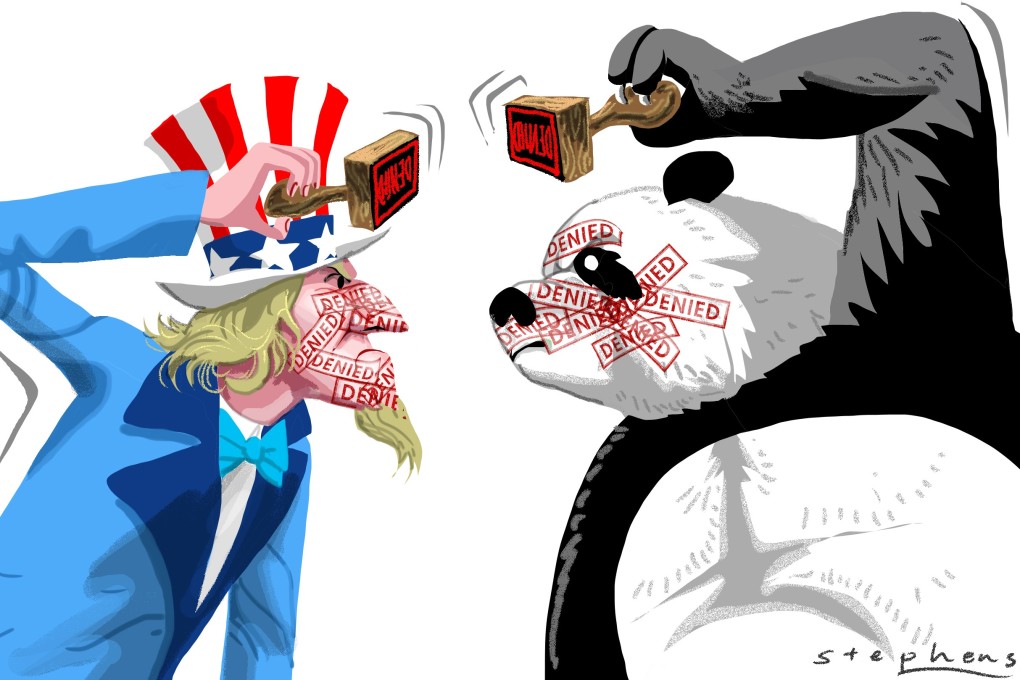When China and the US wage a visa war against each other’s scholars, nobody wins
- The US and China are escalating their restrictions on access by academics from the other side, which poses serious problems for scholarship and bilateral relations, at a time when mutual understanding is much needed

Yet many of the institutional channels for such “Track II” dialogues have broken down in recent years, and now there is the additional problem of visa bans and other blocks to research and communication.
It is important to note that this issue is not new, and this phase is only the latest skirmish in a long-brewing problem. China definitely started this dilemma by banning and not issuing visas for a number of American scholars over recent decades.
The “Xinjiang Thirteen” (US scholars who contributed to a 2004 book about Xinjiang) have long been banned (although a few were offered single-entry visas after the Obama administration pressured the Hu Jintao government).
A few American scholars – including several leading Sinologists – have been banned from visiting China for decades, while others are more recent casualties.
